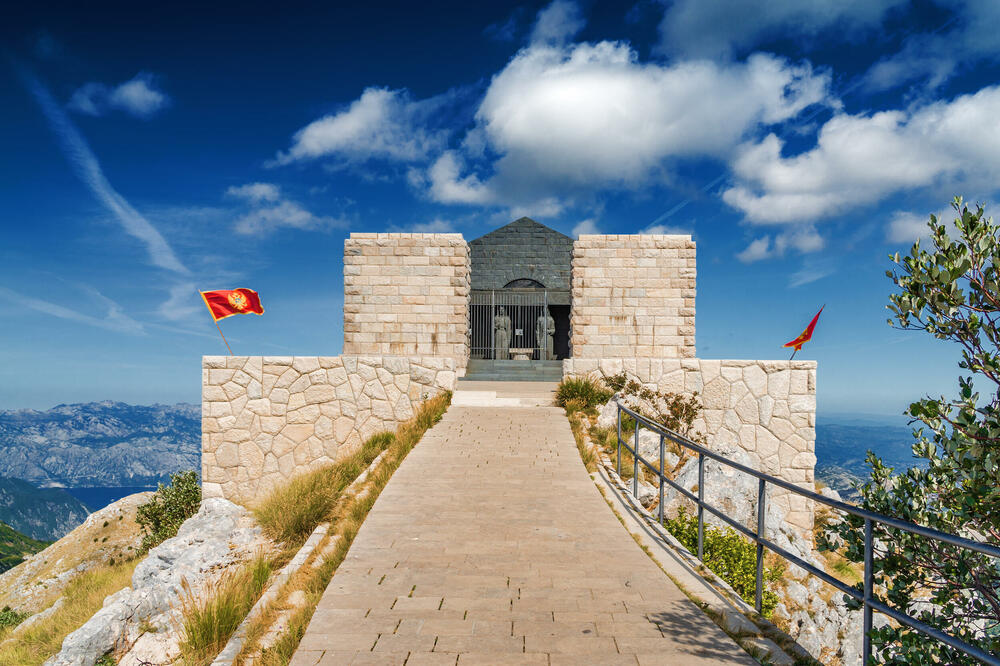There are celebrations like this and those... Ways of celebration are a kind of image of society, but also of each individual.
Njegos (in the form of a holiday) began as a day to remember the great man and the universal spirit of his work, and will end as a two-day opportunity for eating, drinking and the so-called active rest, variant - I rest and the TV works.
The entire history, human duration, could be explained/explained through the development of a peculiar philosophy of celebration, which shows the very nature of man in an interesting way.
It is obvious that from the very dawn of civilization, the idea of community and public morality had to be symbolically supported by this type of magical ritual, because what else could it be. Ancestral invocation, whether by hunter-gatherers or contemporary social theorists, is essentially always - magical in origin.
Another important, but not at all magical, moment is the monopoly on the holiday. Determining and giving meaning to a holiday is always the prerogative of the highest political power. No one owns you more than the one who decides when you will work and when you won't.
The church gave one day off per week - they actually announced that God ordered it (through them, of course), but they made it mandatory for people to go to church on that particular day, dressed nicely. A holiday is never just a holiday, I mean.
The resulting celebration of inaction once made sense for farmers or miners during the sixteen-hour workday.
And interesting is the consonance that, in connection with the word holiday, evokes the concept of emptiness. It started out as something that was empty of work, and today it mostly appears to be empty of meaning. This equation could put meaning and work on an equal footing, and such a setting seems almost subversive today.
Hemingway called a beautiful book dedicated to Paris (published posthumously) "The Moving Holiday". I remember how fascinated we were when, sometime in the eighties, we read interesting books by a travel writer Stevan Pešić, and in the book "Kathmandu" we found information that a certain Buddhist holiday has been taking place for four hundred years... "And do they go to work", was our key question.
In Turkmenistan, the whole life of the father of the nation, Turkmenbashi, turned into national holidays - the calendar as an icon, as the leader's body.
Maybe every day was a holiday for Robinson? And my friend claims that a man after fifty should act as if every next day is a holiday.
Za Petrarch was a holiday the day he saw it Laurel. How many such holidays do you have? Because there isn't a busy day in which a person can't place at least one island of a personal holiday, a property to which only the dearest and most important have the right of access.
I must not have understood well at the time... This type of holiday in the world could be called an "active" holiday - it is not a non-working day, but it is marked in schools and public spaces with various programs and forms of reminders of what is important for a community. That is the meaning of marking. To invoke, again and again, and Dante, the Cervantes i Goethe i Pushkin i Shakespeare... and Njegoš. In this way, you deal with your own essence - because where is the essence of a human if not in the greatest literature - told, thought, questioned.
Njegoš's day will probably function as a replacement for the former favorite holiday - Republic Day, celebrated on November 29. Such a position in the calendar made this holiday extremely popular among the then Yugoslav citizens. A month and a couple of days before the New Year, it was a kind of dress rehearsal for the New Year's celebration. An opportunity for a feast... And patriotic songs on television.
In the end, the Montenegrins managed to make Njegoš a reason for Krkanluk and a little laziness.
So, be careful how you celebrate. Someone is watching you...
Bonus video:





